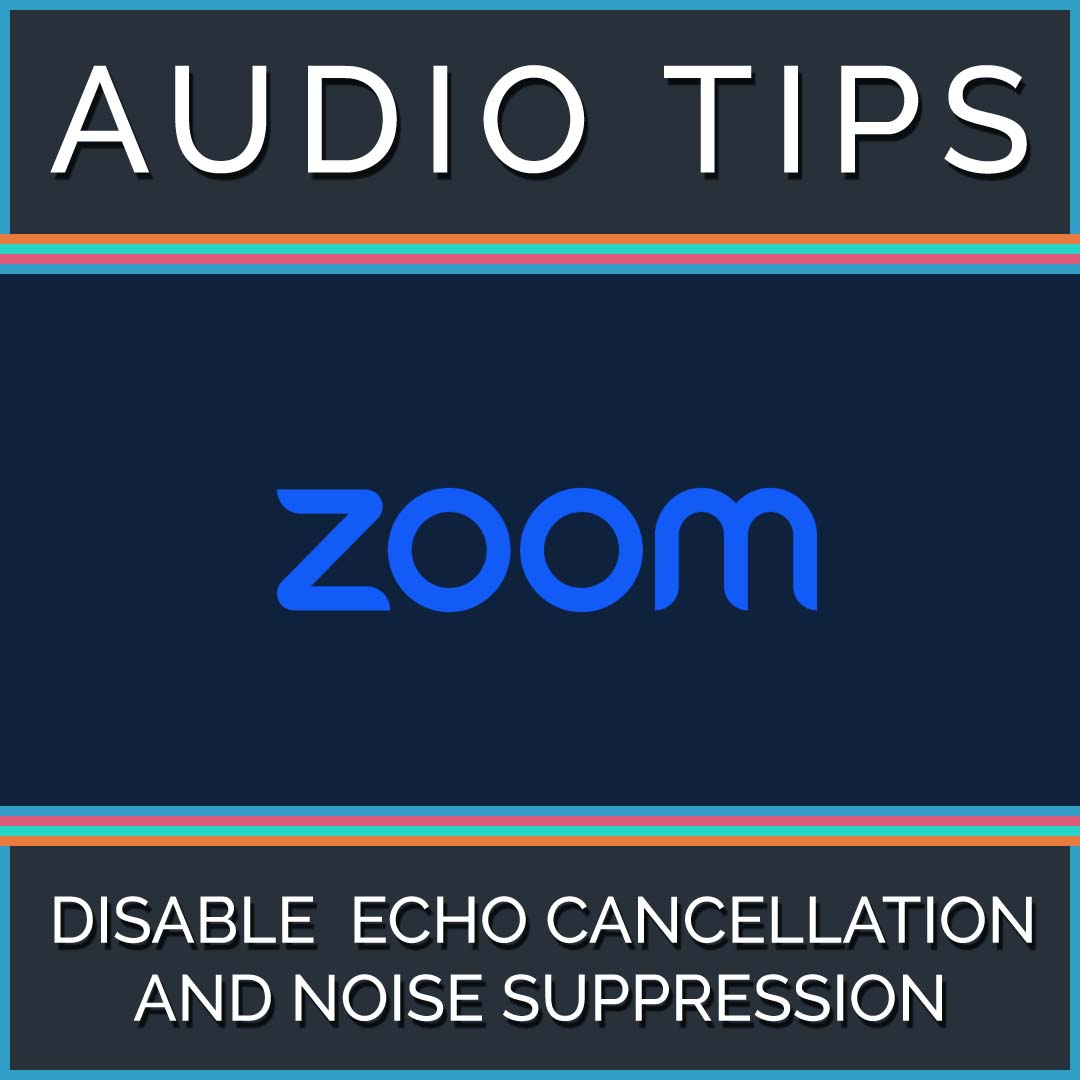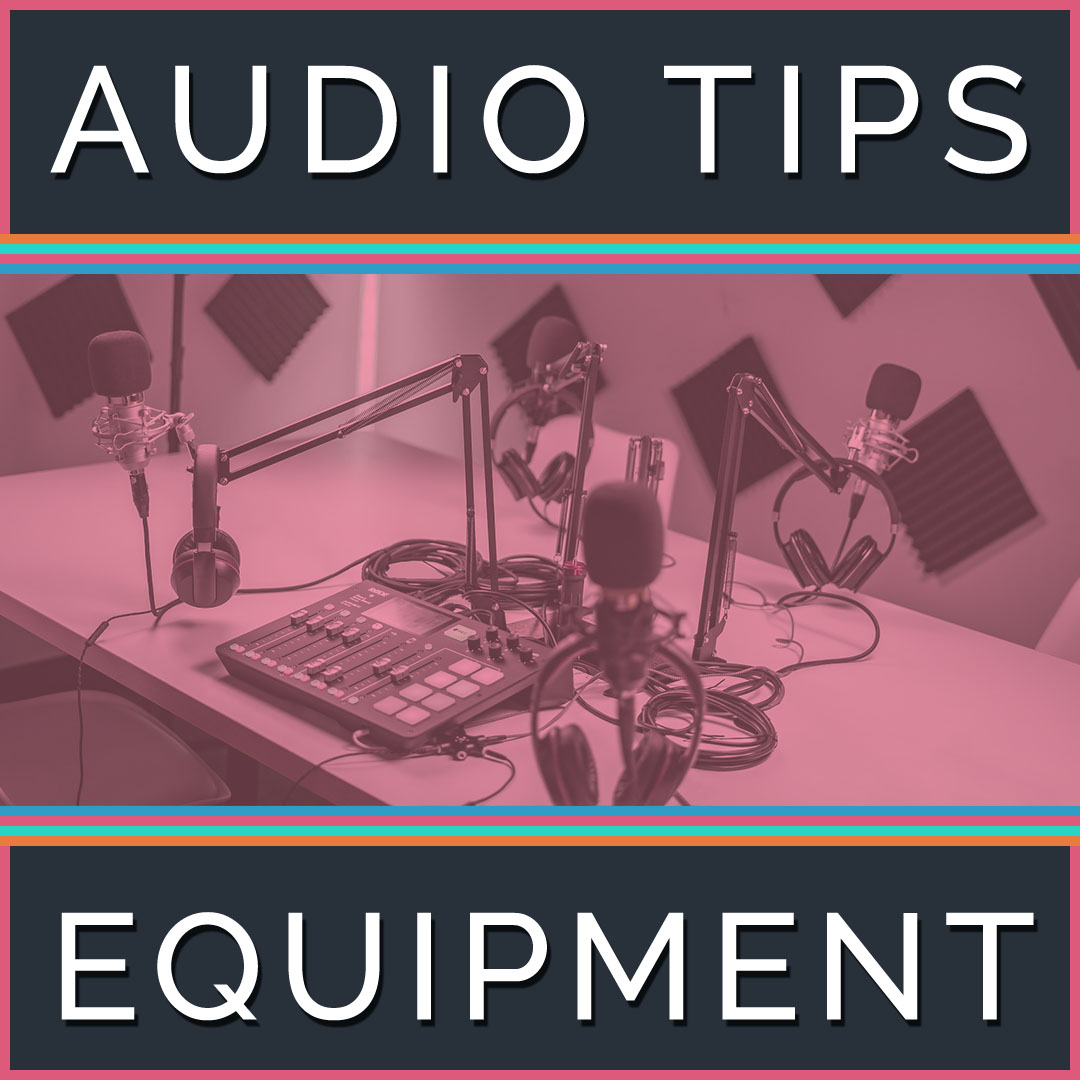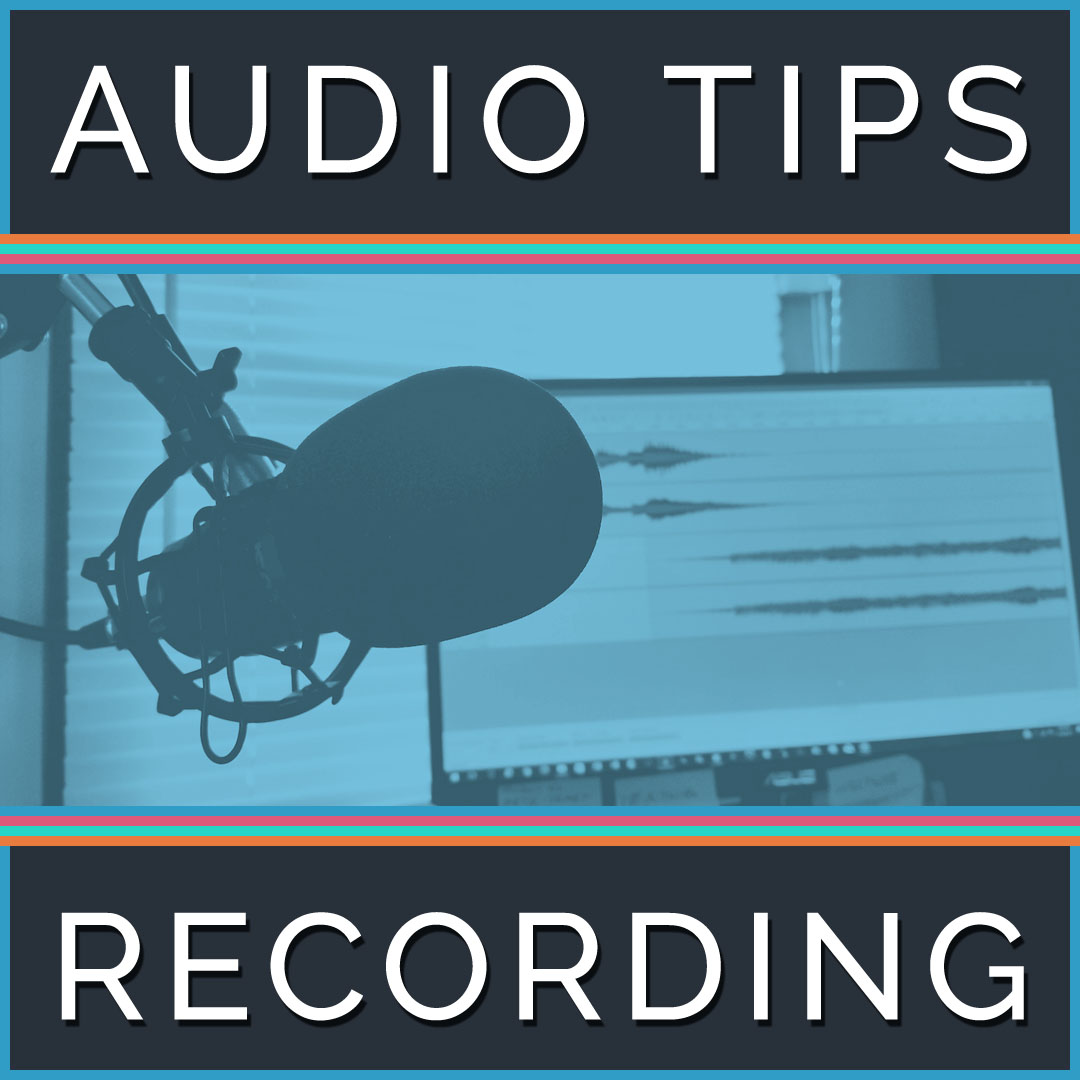If you spend any time in one of the numerous podcasting groups on social media you have no doubt seen the following question: Is it okay to use copyrighted music in my podcast?
First, know that I am NOT a lawyer and this is not meant as legal advice. Additionally, laws vary from country to country. I am US-based so my assumptions are based on my understanding of US law as a non-lawyer person. Disclaimer aside, back to the question.
Is it okay to use copyrighted music in a podcast without permission?
No.

This is usually followed up with, “But what if I only use a short clip?”
Still, no. There is no 10-second rule and any rules you may have heard of that apply to radio do not apply to podcasts. Podcasts are not in the same category as radio. It also doesn’t matter if your show is “non-profit” and doesn’t bring in revenue.
While you may have heard copyrighted music used without permission in other podcasts, even popular podcasts, it is a risk to do so.
Podcasting’s “wild west” era has ended. Up until recently, there were not a lot of checks and regulations on copyright infringement but, to be fair, it has never been “okay” to use copyrighted material without permission. However, now that the medium has truly exploded into the mainstream and gained the attention of advertisers and larger corporate entities a more critical eye has turned towards copyright infringement. As more money flows into the space more pressure is put on companies that provide podcast hosting and directory services to crack down on infringement. Directories like Apple Podcasts and Spotify and hosts like Libsyn and Blubrry are consistently hit with cease and desist orders.
What about Fair Use?
Fair Use is a somewhat murky area in US Copyright law that is intended to permit the use of copyrighted work without permission under certain circumstances. Primarily, for the purposes of criticism, comment, reporting, teaching, and research. These are not situations that would cover most podcasters’ use case of music for intro and outro segments.
Let’s say you feel your usage falls into Fair Use, though. Fair Use has traditionally been a difficult legal argument to win. Even more so in the current landscape of online content platforms. Many platforms that may remove content for copyright infringement either don’t allow for the uploader to contest the removal or they put the decision squarely in the hands of the copyright holder. The copyright holder will not have an unbiased opinion on the matter. In the case of Content ID-type systems, which I’ll touch on further in the next question, the whole process is automated. Your argument may never reach another human for review.
It is not worth the headache banking on the idea of Fair Use to cover music in your podcast or audio clips from film and television shows, even if used for review purposes. Any YouTuber that reviews media for their channel can tell you dealing with YouTube’s Content ID system is difficult. Fair Use or not, you are at the whim of the automated system and the copyright holder unless it is worth it to you to pursue legal action. Here is an interesting read from the Electronic Frontier Foundation on YouTube and Fair Use.
You might say, “but I’m not a YouTuber, I’m a podcaster.” Read on and know that YouTube’s system is one of the more accessible in terms of refuting copyright claims.
What if there is copyrighted music in my podcast?
To deal with copyright infringement, many companies employ a Content ID-type system to automatically scan podcasts for copyrighted material much the same way YouTube does in video uploads. It is easy to find many examples of podcasts being removed from Apple Podcasts for this reason. Spotify has been a stickler on this from the beginning. Right there you put yourself at risk of being booted from the top 2 most listened to podcast directories. Even Facebook has begun blocking live videos that contain copyrighted material. A practice it will surely carry over to it’s newly unveiled podcasting features.
Then there are the podcast hosting companies. As podcasters, we pay third-party companies to host our audio files. These services are not going to risk their business over a copyright infringement lawsuit, though. If your podcast hosting service drops you, your entire podcast is effectively taken off-line. They will also not shield you from a lawsuit or the lawyers that can and will pursue the podcaster.
In short, it’s not worth the risk. Even if you hear other podcasters using music they surely didn’t acquire permission to use, just know they are putting themselves at the same kind of risk.
It’s worth noting that in October 2020 podcast host Anchor introduced the ability for podcasters to include songs via Spotify in their episodes. For free, no less. The caveat being, though, that those episodes can ONLY be distributed on Spotify. Spotify owns Anchor so this is a clever business move to lock in more podcast episodes exclusive to the platform. However, for most podcasters, this is a deal-breaker.
Spotify is a huge platform but locking episodes out of Apple Podcasts, Google Podcasts, and anywhere else is cutting out a huge percentage of potential listeners. The openness and wide availability of podcasts is what has lead to podcasting become such a prolific medium.
You may have noticed I generally use the phrase “used without permission”. There are certainly edge cases where a podcaster may be granted permission to use a copyrighted work. If done through the proper channels, of course, that is fine. However, for the majority of podcasters, that is not a viable option.
Where CAN you find music to use in your podcast? There are many ways to find legal music for your podcast, including free options! Hop on over to my Music for Podcasts article for recommendations on where to find free and paid music you can use in your podcast legally.


